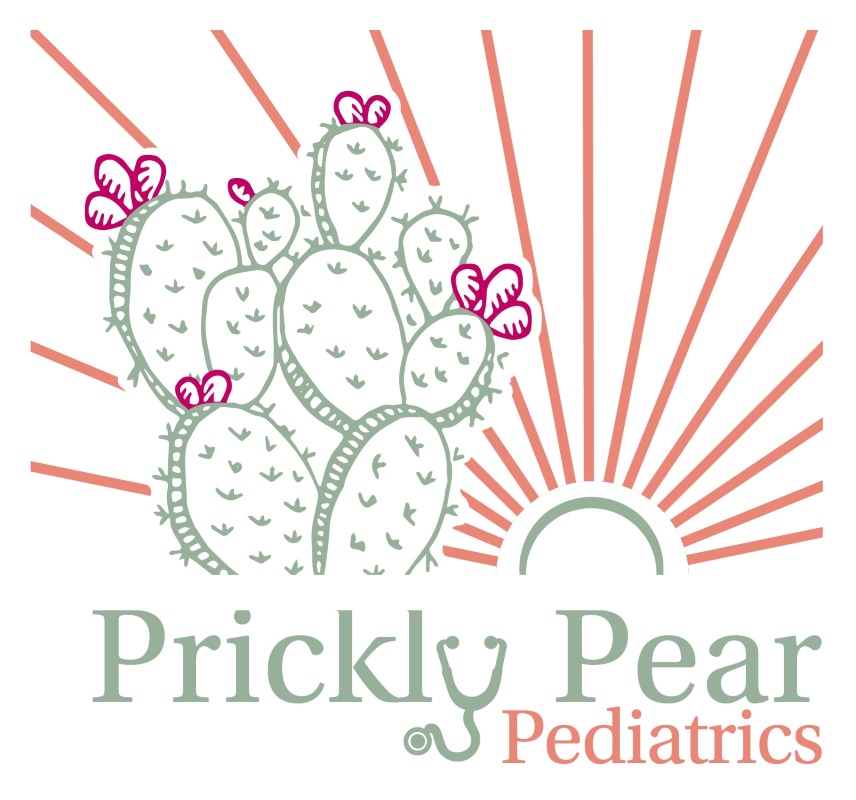Story Time With Your Child

My mom likes to remind me that from the day I was born, she started reading at least one book a day to me. I have early memories of her reading to me, especially The Very Hungry Caterpillar, The Mitten, The Poky Little Puppy, Bernstein Bears, and of course the classic Goodnight Moon. Mom was convinced that reading to me made me intelligent and instilled in me a love for books. I can agree that she was right about the love of books part. From 3rd grade to 6th grade, I remember getting home, grabbing my snack, and reading for hours in my bedroom until I was called for dinner. Sometimes I was able to finish a chapter book per day. I am so grateful that my Mom introduced me to reading early and often.
I encourage parents to read to their children as much as possible in the first few years of life (and beyond). Even though newborns don’t necessarily understand the words that you are reading to them, the bond of hearing your voice and snuggling next to you for story time is invaluable. I also think that story time helps parents to take a few minutes out of their busy schedules to slow down and be present in the moment with their children without distraction.
There are lots of studies showing that reading to children is great for their development. One study showed that infants who were read to daily in their first nine months of life had improved language scores at twelve months old compared to babies who were not read to daily.[i][1] In one study published in the Journal of Developmental and Behavioral Pediatrics, researchers calculated the difference in the number of words that children who were read to daily heard vs children who were not read to at all. The numbers were impressive. Children who were read to daily were exposed to approximately 290,000 more words over the five-year period than children who were not read to.[2] Children who hear more vocabulary words in the first five years of life are more likely to pick reading skills more quickly and easily.

These are my tips for how to create a habit of reading to your child everyday:
- Keep it simple
You don’t need to pick the perfect book and it doesn’t need to be a brand new book every time. If your child is old enough, let them help pick out the book (s), even if y’all have read it many times before! There is something new to discover every time.
- Make it a part of the routine
An easy time to fit in reading time is right before bed, just a 15-20 minute commitment before they drift off to sleep. Or maybe every day after lunch, you go sit in your special chair and read. Having a “story time spot” also helps kids know what to expect and look forward to the routine.
- No screens
Kids are VERY easily distracted by nature. If there is a TV on in the background, or if you have your phone in one hand and a book in the other, they are always going to prefer what is lighting up and making noise over the book in front of them. Make it a point to make your story time a break from screens for both of you.
- Ask questions
In addition to reading the words in the book (if there are any), take some time to explore each page thoroughly with your child. “Do you see any animals on this page? Can you point them out to me? What noise does that animal make?” Or for older children “What do you think is going to happen next? How do you think Jimmy (character) is feeling?”
- Use the Library
No matter your child’s age, the local library has hundreds if not thousands of age appropriate books for y’all to explore. And they are free to check out! If you can, plan to go every 1-2 weeks to pick out books together.
The Reach Out and Read Website has some great resources with tips about reading with your child and fun book lists:
https://reachoutandread.org/what-we-do/resources-2/
You can also check out a Little Free Library near you by using this map:
https://littlefreelibrary.org/map/
Happy Reading!
[i] [1] When Children Are Not Read to at Home: The Million Word Gap. Logan, Jessica A. R. PhD*; Justice, Laura M. PhD*; Yumuş, Melike PhD†; Chaparro-Moreno, Leydi Johana*. Journal of Developmental & Behavioral Pediatrics 40(5):p 383-386, June 2019.
[I][2] Adam M. Franks, Callie Seaman, Emily K. Franks, William Rollyson, Todd Davies. Parental Reading to Infants Improves Language Score: A Rural Family Medicine Intervention. The Journal of the American Board of Family Medicine, 2022; 35 (6): 1156 DOI: 10.3122/jabfm.2022.220064R2
